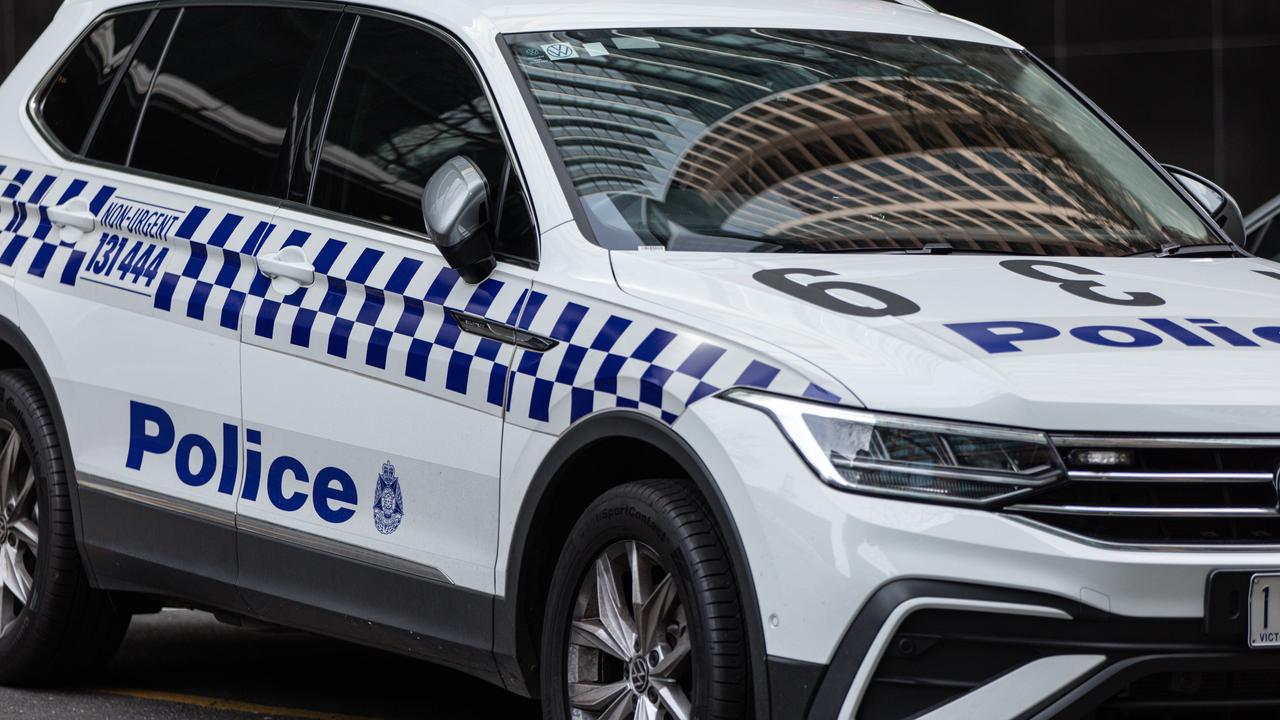Seven Network and Kerry Stokes forced to hand over thousands of personal documents in Ben Roberts-Smith case
The Seven Network and billionaire media mogul Kerry Stokes have suffered a setback in a battle over Ben Roberts-Smith’s failed defamation costs.
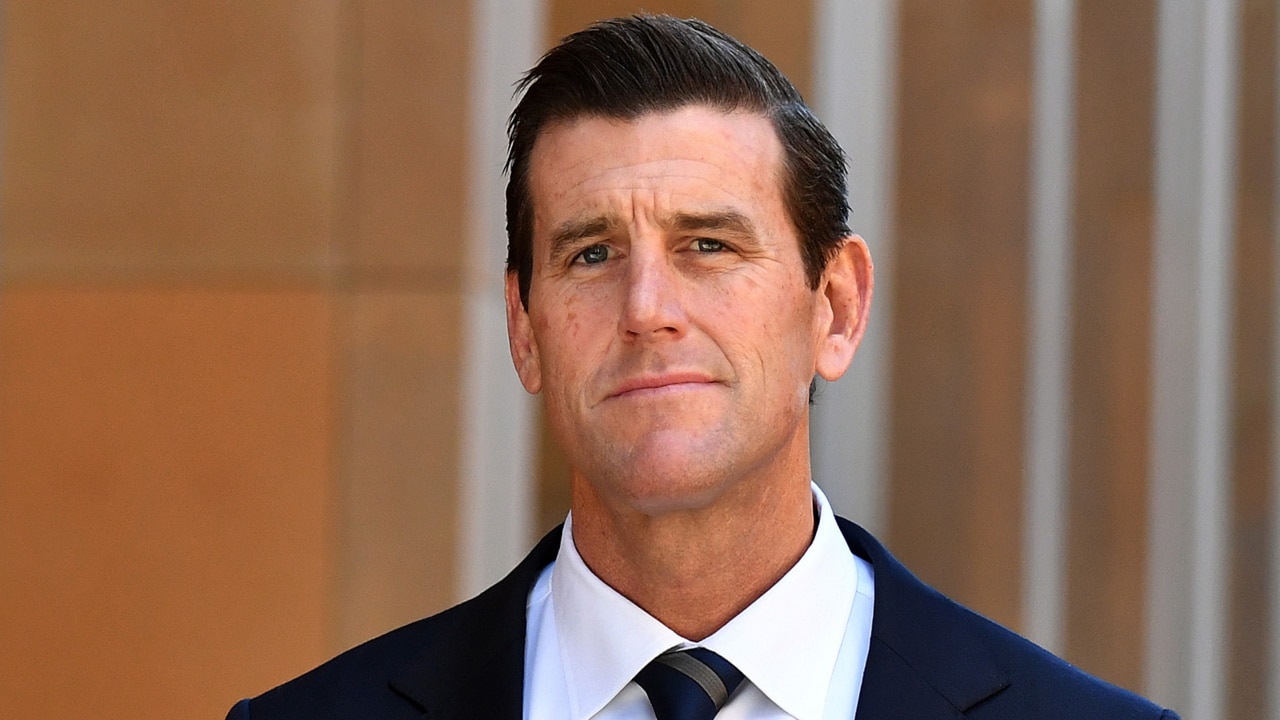
Ben Roberts-Smith’s financial supporters at the Seven Network, including billionaire Kerry Stokes, will have to hand over thousands of documents, including personal emails, showing their level of involvement in the soldier’s failed defamation trial.
In July, Federal Court Justice Anthony Besanko ruled some of the imputations against Mr Roberts-Smith put forward across six articles by The Sydney Morning Herald, The Age and The Canberra Times were substantially true.
He dismissed Mr Robert-Smith’s lawsuit after finding the newspapers had proven on the balance of probabilities the Victoria Cross recipient had been complicit in war crimes while serving in Afghanistan.
It’s been estimated the legal bills for the marathon defamation case exceed $25m.
Mr Roberts-Smith has launched an appeal against the judgment, which will be heard in February.
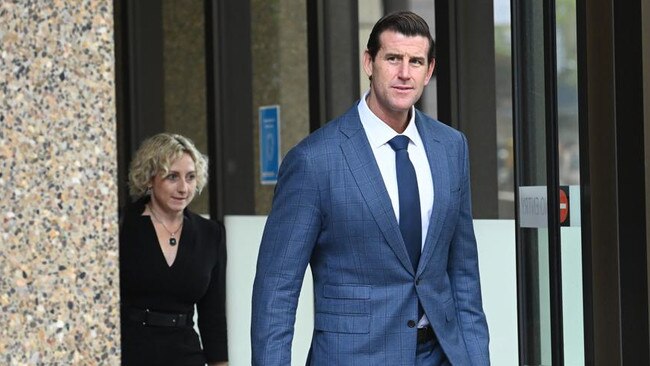
But in the meantime, his legal representatives and the lawyers for his former employer and financier Seven Network are fighting to resist an order to pay the costs.
Nine Newspapers is seeking a third-party order asking for costs from his financial backers, Seven Network, its owner billionaire media mogul Kerry Stokes and his private company Australian Capital Equity.
Mr Stokes and Seven initially funded the lawsuit before a loan agreement was reached with ACE, which would be paid 15 per cent interest if Mr Roberts-Smith was successful.
In July, Justice Besanko rejected a bid by Seven West Media chairman Mr Stokes, ACE, Seven Network commercial director Bruce McWilliam and law firms Herbert Smith Freehills and Mark O’Brien Legal to have subpoenas set aside.
Lawyers for Seven and Mr Roberts-Smith appealed to the Federal Court to overturn the decision and block the requests, which they criticised as an “enormously wide dragnet” that would capture irrelevant documents.
The appeal was heard before a Full Court, including Justice Michael Wheelahan, Justice Stewart Anderson and Justice Ian Jackman.
On behalf of the full bench, Justice Jackman on Thursday ruled the appeal would be dismissed, meaning Mr Stokes and the company will need to hand over personal documents revealing all communication about the litigation and loans.
Communications involve file notes, written correspondence, text messages and messages on encrypted services such as WhatsApp, Signal and Telegram.
He said Mr Roberts-Smith and Seven Network would also need to pay Nine’s costs for the appeal.
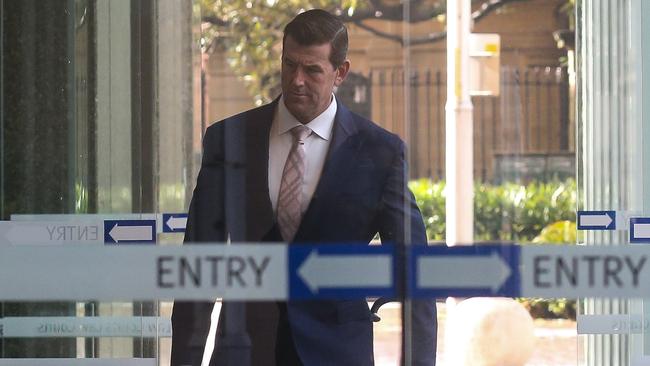
In the judgment, the justices said they “reject the submission” that Justice Besanko applied an “incorrect principle to the assessment of the validity of the subpoenas”.
“There was no error by the primary judge in applying the principle of whether the documents sought have an apparent relevance in the sense they could reasonably throw light on the issues which arise on the application for orders for the payment of costs by third parties,” the judgment read.
Seven’s lawyers claimed Justice Besanko erred in concluding the documents sought by the subpoenas were not liable to be set aside because in the context of the third party costs order application, the “whole of the relationship” between the Seven Network and ACE, and Mr Roberts-Smith and his legal team, “will need to be examined to determine whether there is a connection or involvement sufficient to warrant a third party costs order”.
Seven’s lawyers submitted that Justice Besanko’s response was inconsistent with the requirement a subpoena must have “apparent relevance” and assist on an identified issue in the proceedings.
But the justices found the criticisms were “misplaced”.
“The primary judge correctly reasoned that directions or instructions were not the only communications which may be relevant,” the judgment said.
“In our view, there is no error in that reasoning, which amply justifies the width of the subpoenas as capturing documents which are apparently relevant to the issues arising on the third party costs order application.”
At a hearing last week, Seven’s barrister Neil Young SC told the court that Justice Besanko “gave no consideration” in his initial decision to whether the large number of requested documents would “materially assist” the proceedings.
“(If successful) they would get to see everything about the relationship and they would get to make up their minds about what parts of it they wanted to rely on in their case,” he said.
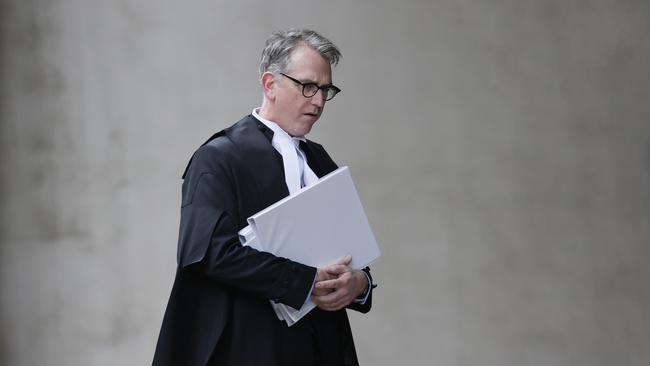
The subpoenas relate to communications between employees of the same company over a five-year period, with the court told it would likely encompass confidential topics.
Mr Robert-Smith’s lawyer Catherine Gleeson SC told the court at hearing there was an “aspect of injustice” in requiring a response to such broad subpoenas that would require reviewing documents that could be subject to legal privilege.
The court was previously told Mr McWilliam had exchanged more than 8600 emails with Mr Roberts-Smith’s legal team during the trial.
The court was told the crux of the issue in the battle over costs was whether Seven, Mr Stokes, and ACE could be considered third parties to the proceedings.
At the hearing last week, Nine’s barrister Nicholas Owens SC told the court the relationship between ACE, Seven and the soldier needed examining through the documents, with even “glancing” references beneficial to the costs application.
When accepting Mr Roberts-Smith’s loan, ACE said it regarded Seven’s continued oversight of his proceedings as “important for a successful outcome”.
Mr Owens said Seven engaged its own team of lawyers to provide daily updates on the trial that revealed the “very intertwined and close involvement” of the company and ACE.
Nine contends the documents demonstrate the entities were involved in the management and oversight of the lawsuit and are therefore liable to pay costs as a third party.
The court was told “many, many millions of dollars” were in issue in terms of the costs for the 110-day defamation trial.


